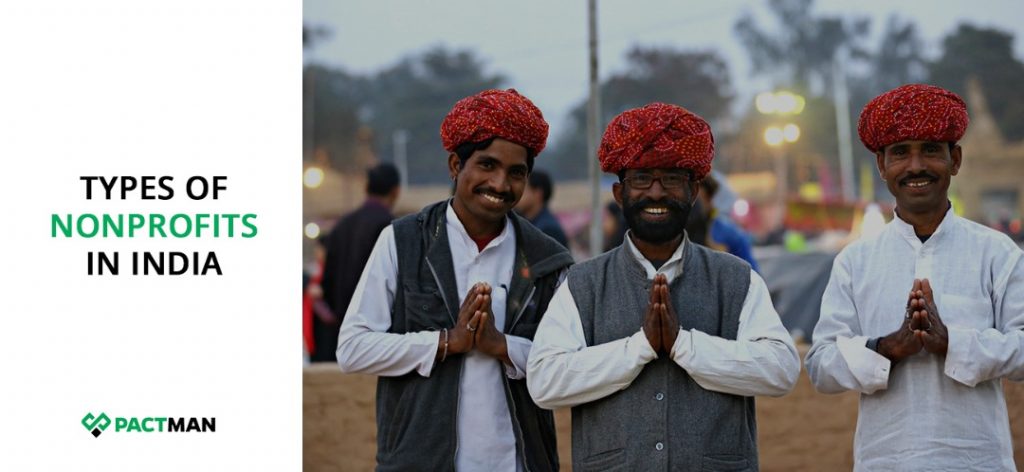
India is one of the most diverse countries on the planet. With a population of 1.375 billion people and 447 languages, the rich culture of this massive southern eastern Asian country spreads across the globe. India’s huge population has also made it one of the leading countries in the world when it comes to the issue of charitable causes. While it may seem attractive from the outside for charity organizations to pitch a tent in India, there are various challenges one must overcome when setting up a Nonprofit organization in India.
In 2014, the government of India tweaked the rules for operating a charitable cause in its country, making it difficult for foreign charities to operate there. Under the Foreign Contribution Regulation Act, which was established 8 years ago, it is now harder for foreign contributors to donate from outside of the country. This act has also contributed to the cancelation of the licenses of thousands of Nonprofit Organizations.
Despite these lingering challenges, new charitable causes are still being established every year in India. Smart and savvy charitable innovators have been able to come up with ways of running legitimately in India without flaunting the rules .
If you are reading this blog post and you are planning to establish a charity organization in India, our best advice is that you first take the time to understand the types of Nonprofit organizations in the country. By having an understanding of the nonprofit types, you will be able to make an informed choice regarding what type of status will suit your charitable idea.
So, what are the types of Nonprofits in India?
There are three ways to shape a Nonprofit Organization in India and these are: Societies, Trusts, and Limited (Section 8) Nonprofit companies. Below is an explanation of how each of these legal forms work and operate.
SOCIETIES: Established as membership organizations, societies are run by committees or councils. These committees and councils are given governorship autonomy to make decisions, but they are regulated by an act called the Societies Registration Act. Societies can be dissolved if the basis for the charity no longer exists. It is also important to note that the Societies Registration Act that regulates societies in India comes in various forms because states in India are allowed to modify the Act as they deem fit.
TRUSTS: Unlike societies, there are no national laws regulating public charitable trusts in India. Saying this, it is important to note that many states in India have taken on the responsibility to put a Public Trusts Act in place. It is therefore advised to check before you establish a Trust, if the state where the trust will be domiciled has a regulating act in place. Another important thing to note is that Indian public trusts are not irreversible.
LIMITED (SECTION 8) NON PROFIT: According to the Section 8 Companies Act, a Limited section 8 non profit is a charitable and social welfare Trust or Society, but this section-8 company is registered under the Ministry of Corporate Affairs, Government of India. This gives a section 8 company the status of a nonprofit company or organization.
The following criteria must be met for a charitable idea to qualify as a limited (section 8) Non Profit:
Any profit made will go towards promoting its organizational objectives; dividends are not paid to its members; its purpose is for the promotion of commerce, science, sports, charitable causes, education, art, research, social welfare, religion, or protection of the environment.
These are the Nonprofits types in the nation of India; whatever form you decide to adopt when creating a charitable cause, make sure you seek independent advice from organizations or bodies that are set up to assist with the creation of a Nonprofit company in India.



4 Responses